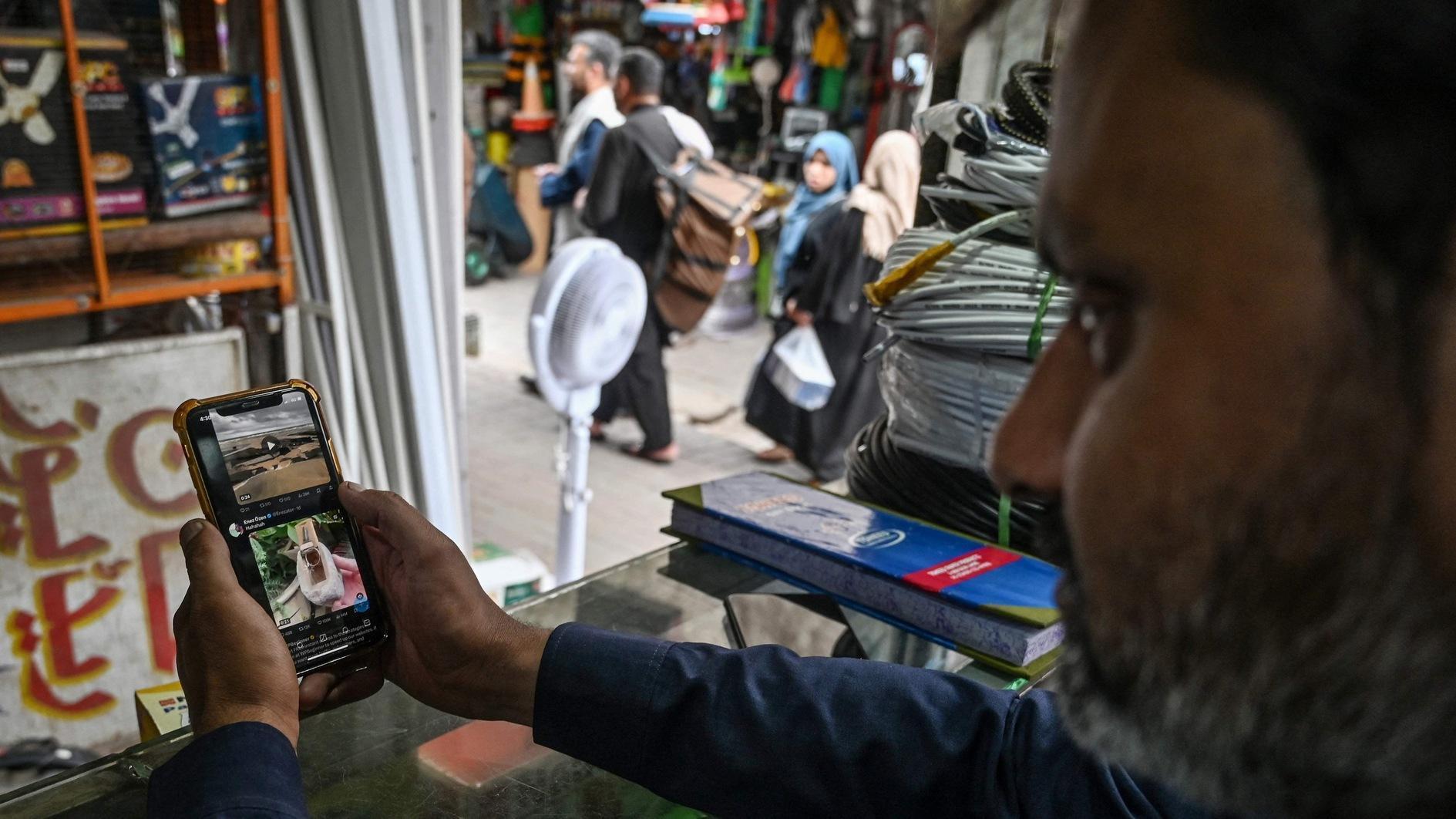Greeks competing for Turkish tourists
“Ice is like water; how can I sell ice to you?” said Stavros, the owner of a mistral restaurant in the small port of Molivos. We were looking for ice for the boat that took us from the Aegean town of Ayvalık, to the Greek island of Lesbos, and coming from Istanbul, one of the newly rising capitals of the “wild, wild east,” where doing something without expecting anything in return is becoming a rarity, Stavros’ answer deeply impressed us.
Similarly, although we did not stay at his hotel, Dimitri the owner of the hotel in the small port spent 45 minutes, trying to arrange a taxi for us, without again expecting anything in return.
The locals and the expat community of Lesbos have told us, however, that the island has not remained immune to the negative effects of the modern times. “The center was full of local shops, the shoemaker, the barber and the butcher. Now they have all been replaced by shops selling souvenirs,” said an expat who has been coming to the island since the year she was born to parents that had met in Molivos.
The island has been enjoying the flow of Turkish tourists for some time. While they are contributing to the economic recovery, the locals are complaining about rising prices. This week the island is inundated by Turkish tourists due to Bayram and whichever corner you go on the island, which is one of the biggest in Greece, you can hear Turkish.
This is pretty amazing when you recall that Lesbos used to be one of the most militarized islands in the Aegean against a military offensive from Turkey, through which there was a huge potential for war until the end of 1990s. We were told the beaches were mined until only a few years ago.
Nowadays a “Turkish invasion” appears to be welcomed. In fact, there seems to be even competition to attract Turkish tourists among Greek towns. The vessels that carry tourists to Lesbos, private, as well as ferry boats, need to make their entries from the capital Mitilini, which is far to the southwest of the nearest Turkish town Ayvalık. Those who would like to visit Greek towns on the island like Molivos, Petra and Sigri, which are other tourist destinations on the other parts of the island, still need to make their entry from Mitilini, and for those using boats that prolongs their journey unnecessarily.
Having another entry point for foreign visitors on the other side of the island would make things much easier. Yet, according to the rumors on the island, initiatives to have another entry point have been obstructed by officials in Mitilini, which does not want to lose the city’s benefits. That Greek towns are competing to attract tourists and Turks among themselves raises hopes for peace in a region where the current turmoil in the vicinity does not leave too much space for optimism.











